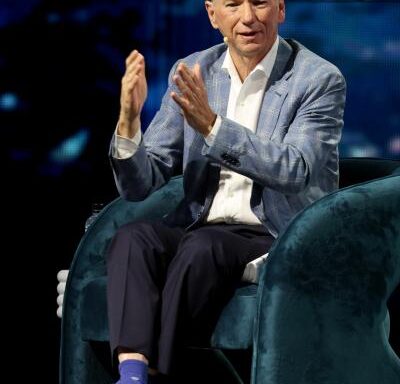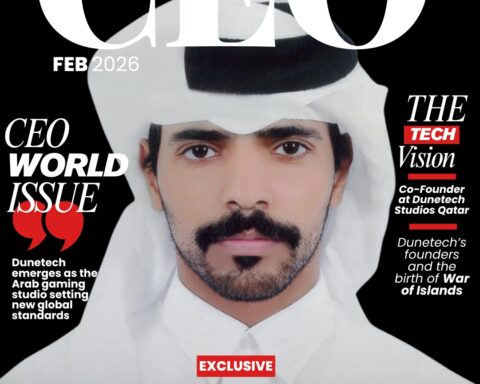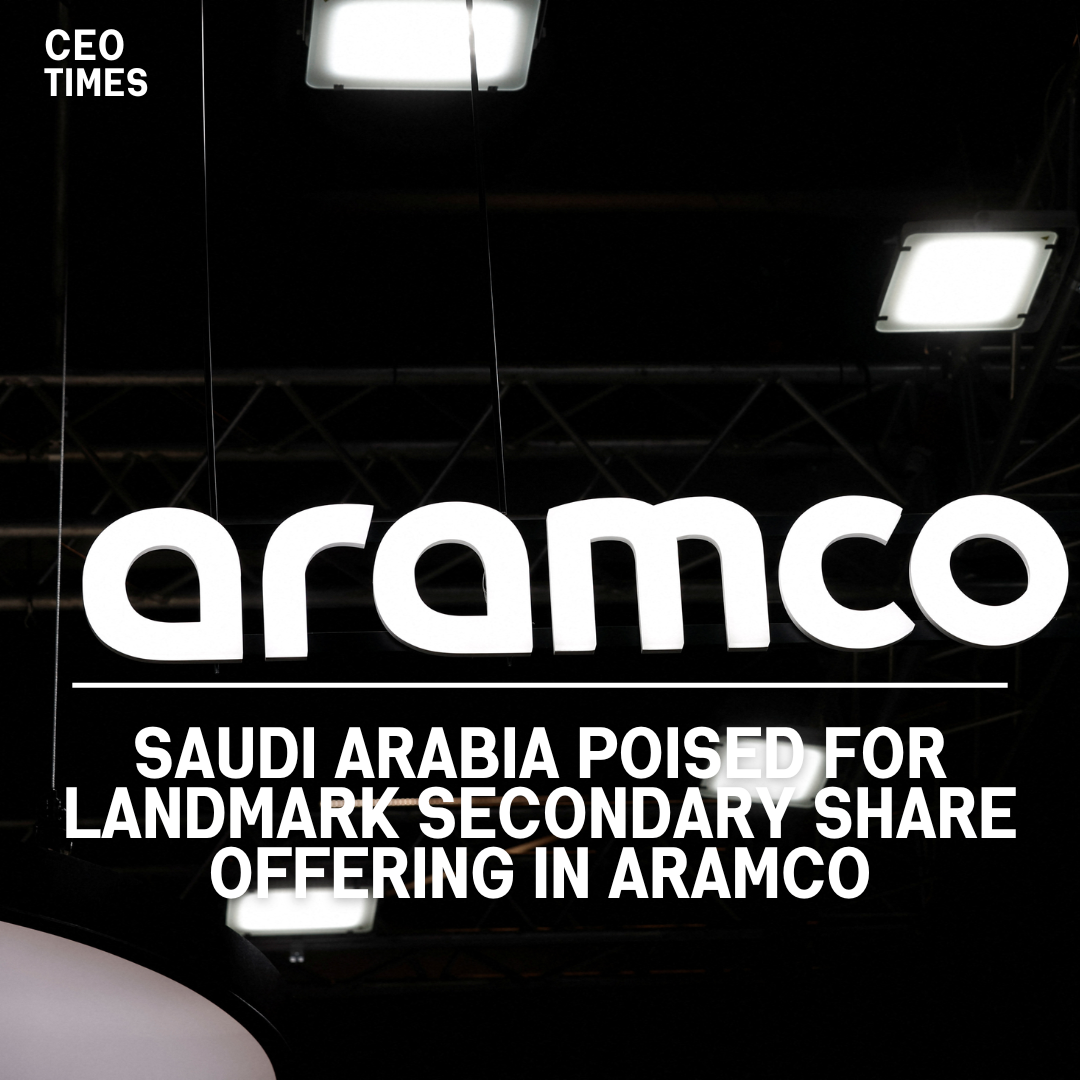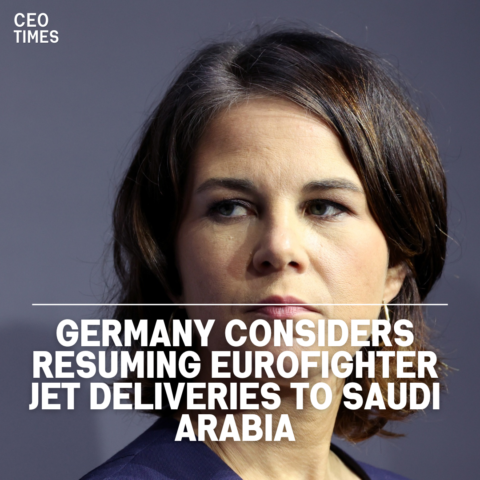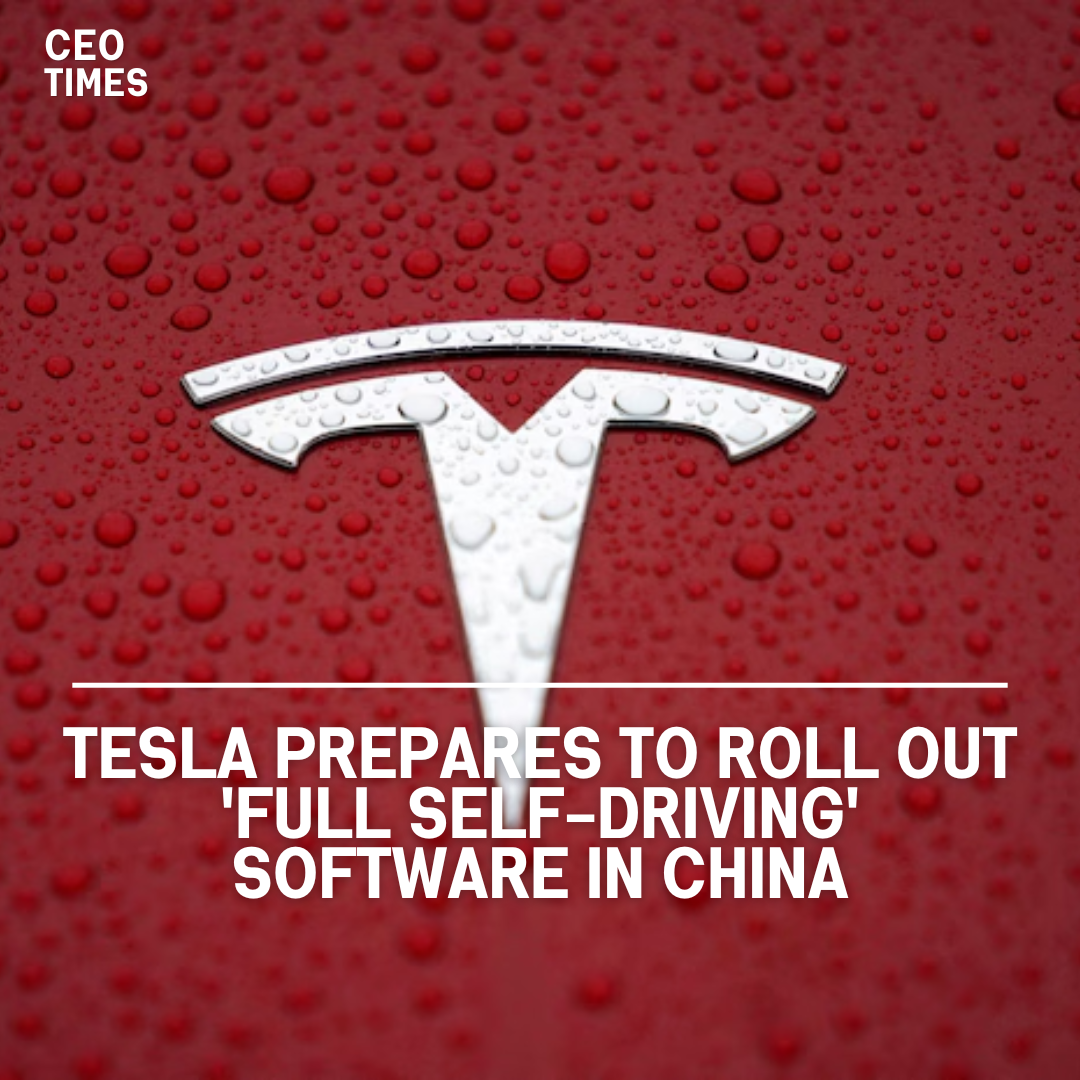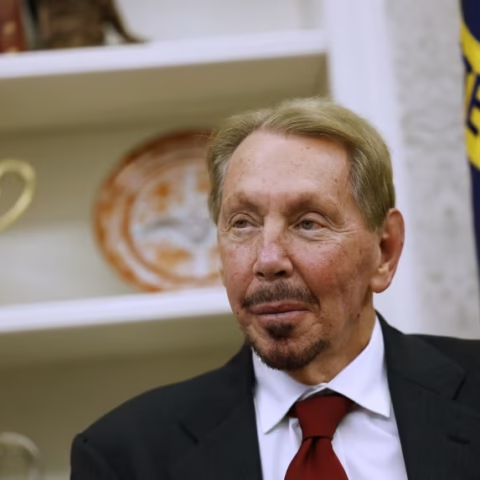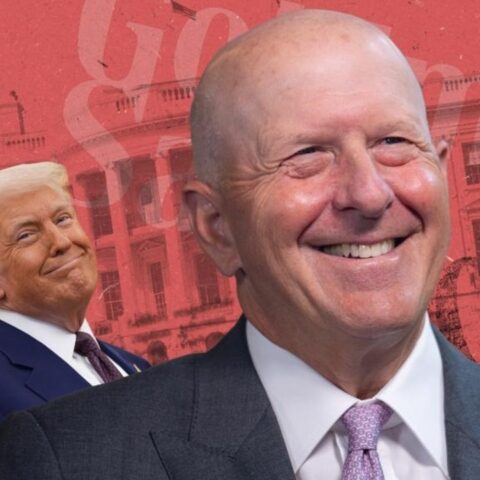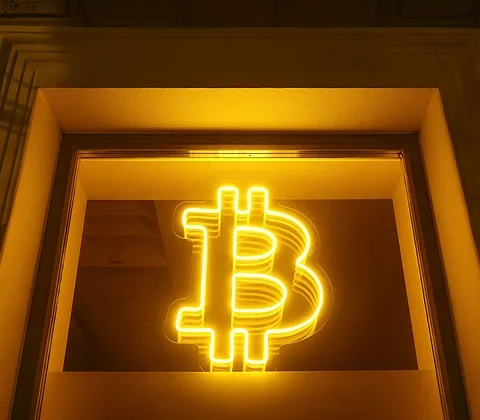People with knowledge of the matter said Saudi Arabia may announce a landmark secondary share offering in oil giant Aramco later on Thursday, pending final approval from Crown Prince Mohammed bin Salman.
The share offering on Riyadh’s Saudi Exchange, which the sources said is expected to be launched on Sunday, is the culmination of a years-long effort to sell another chunk in one of the world’s most valuable companies after its record-setting IPO in 2019 raised $29.4 billion.
Sources told Reuters last week the offering could happen as soon as June, with one adding it could raise around $10 billion.
Aramco Financial Role for Saudi Government:
Since the IPO, Aramco has continued to be a cash cow for the Saudi government as it finances a mammoth economic drive to end its “oil addiction,” as the crown prince once called it.
Hasan Alhasan, a senior fellow at the International Institute for Strategic Studies, said the current deal will allow the kingdom to finance large domestic projects tied to that agenda.
Having missed its target for foreign direct investment and with a budget deficit of up to $21 billion in sight, “the kingdom is resorting to the sale of equity in Aramco and debt issuances,” he said.
Diversification Efforts:
“The kingdom is likely to continue redirecting capital to other sectors, including renewable energy, technology, tourism, logistics, and manufacturing, which Riyadh hopes will constitute sources of long-term economic growth,” he added.
Aramco Market Performance:
Aramco shares closed 0.17% lower on Thursday at 29.1 riyals ($7.76), giving it a market capitalization of about $1.87 trillion. Its IPO price valued it at $1.7 trillion, but shares traded 10% higher on their debut, roughly in line with its current valuation.
The company raised dividends to almost $98 billion in 2023 from the $75 billion it had been paying annually despite a nearly quarter-point drop in profit. It expects an outlay of $124.3 billion this year.
Aramco has also invested in refineries and petrochemical projects in China and elsewhere expanded its retail and trading businesses, and sharpened its focus on gas, making its first foray into liquefied natural gas abroad last year.
As Reuters has previously reported, banks, including Citi, Goldman Sachs, and HSBC, manage the sale.



